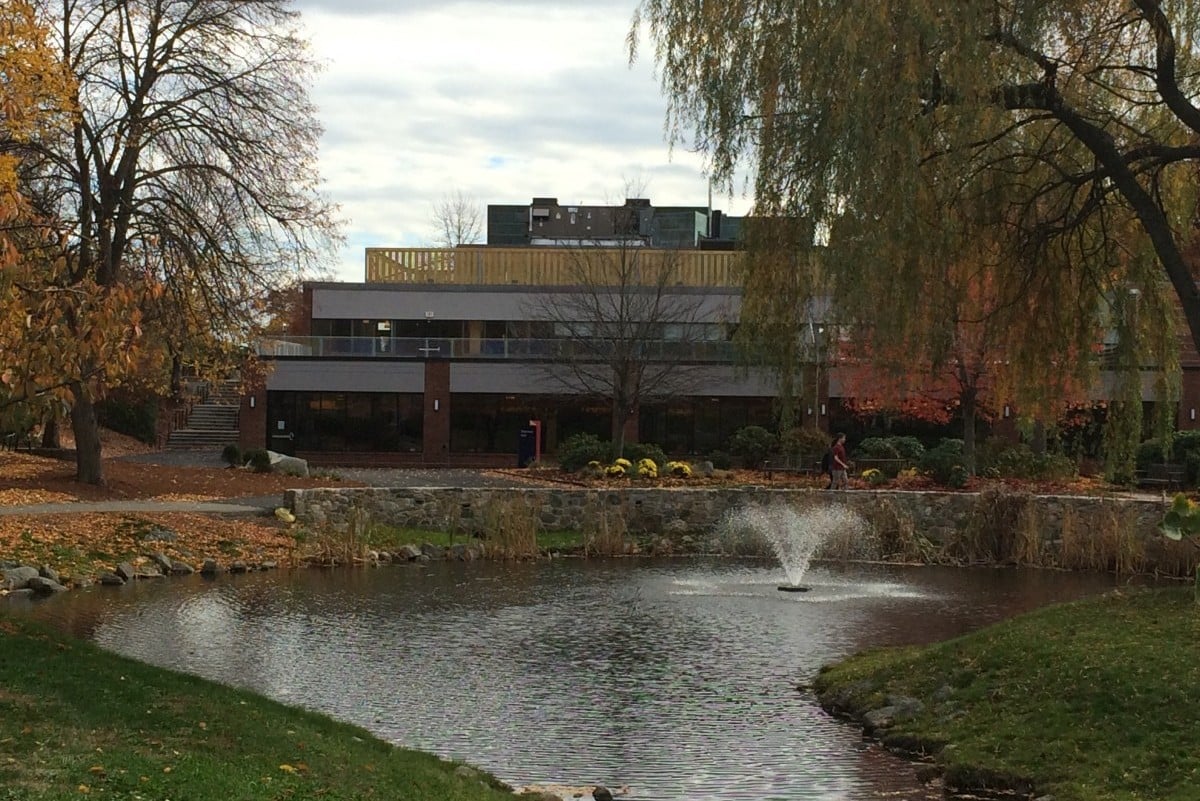Brandeis University’s on-campus residence dining hall, Sherman Hall, underwent a one-story building addition to its existing one- to-two-story structure. The building addition was lightly-loaded and immediately adjacent to the existing building.
To avoid disruption during the school year, a rapid construction schedule was planned during the summer months on the highly-variable site. The Helical design/build team proposed using the Ductile Iron Pile system as an alternative approach to helical piles, which provided overall cost savings and significant schedule advantages.
The ground conditions ranged across the site. Conditions on the eastern portion of the site consisted of shallow sand fill underlain by very dense glacial till. In the middle and on the western side of the site, soils consisted of loose to medium dense sand fill underlain by up to 7 feet of very soft organics and peat. The problematic soils were underlain by glacial outwash sand and silt and then dense glacial till. Groundwater was only about 5 feet below the ground surface.
Helical Drilling installed 20 Ductile Iron Piles (DIPs) in one production day. The interior of the piles were then grouted and the piles were cut and capped – ready to be incorporated into the pile caps.
ABOUT DUCTILE IRON PILES:
Ductile Iron Piles are a simple, fast and highly effective low-vibration driven pile system utilizing high-strength ductile cast iron. Modular pile sections are connected by a proprietary Plug & Drive system, eliminating the need for welding and splicing while providing a high degree of stiffness. With the use of an excavator fitted with a high frequency hydraulic hammer, piles are installed by driving the pile sections in quick succession leading to fast and easy installation with minimal vibrations. Ductile Iron Piles (DIPs) are installed to transfer foundation loads through compressible soils or fill to more competent soil or bedrock.



